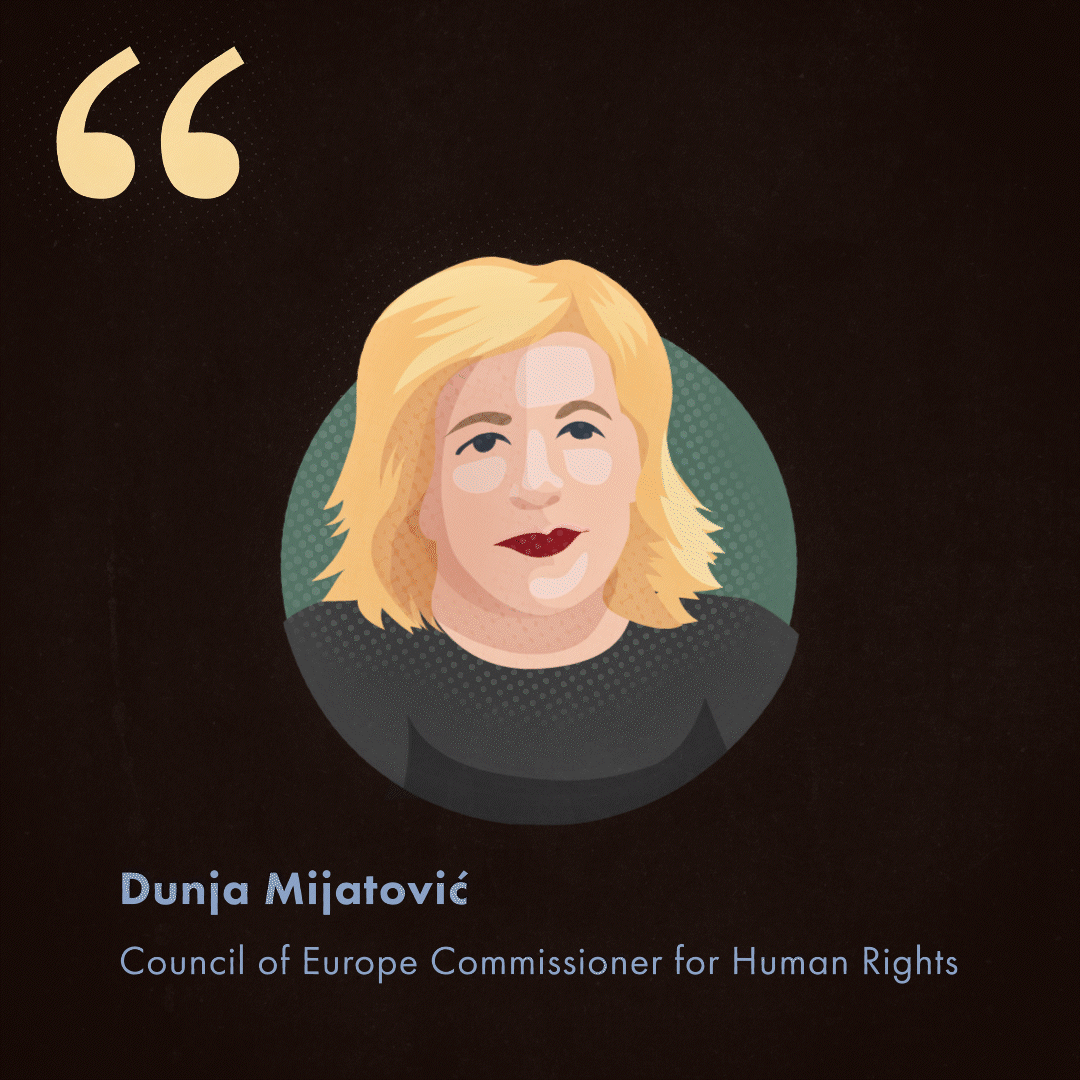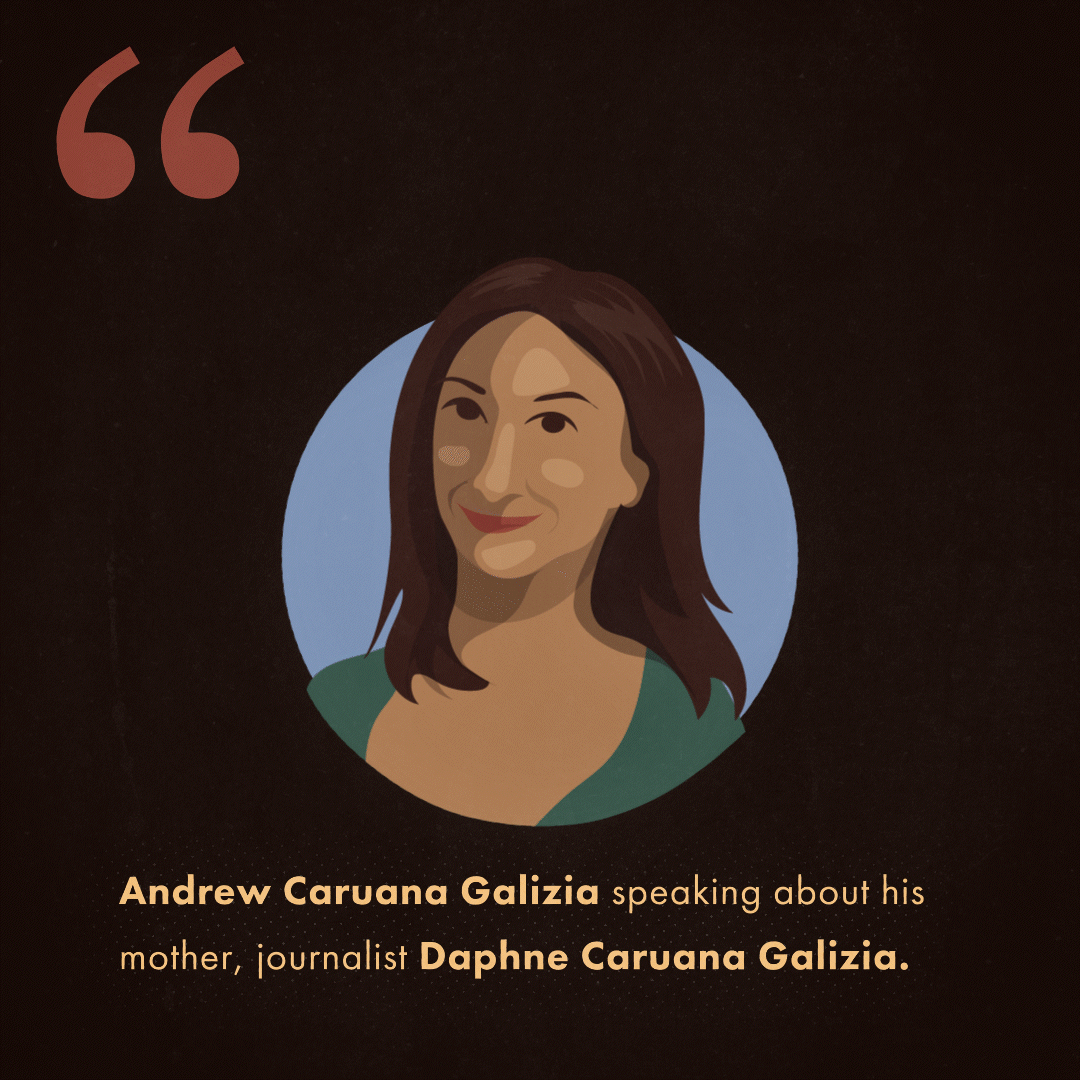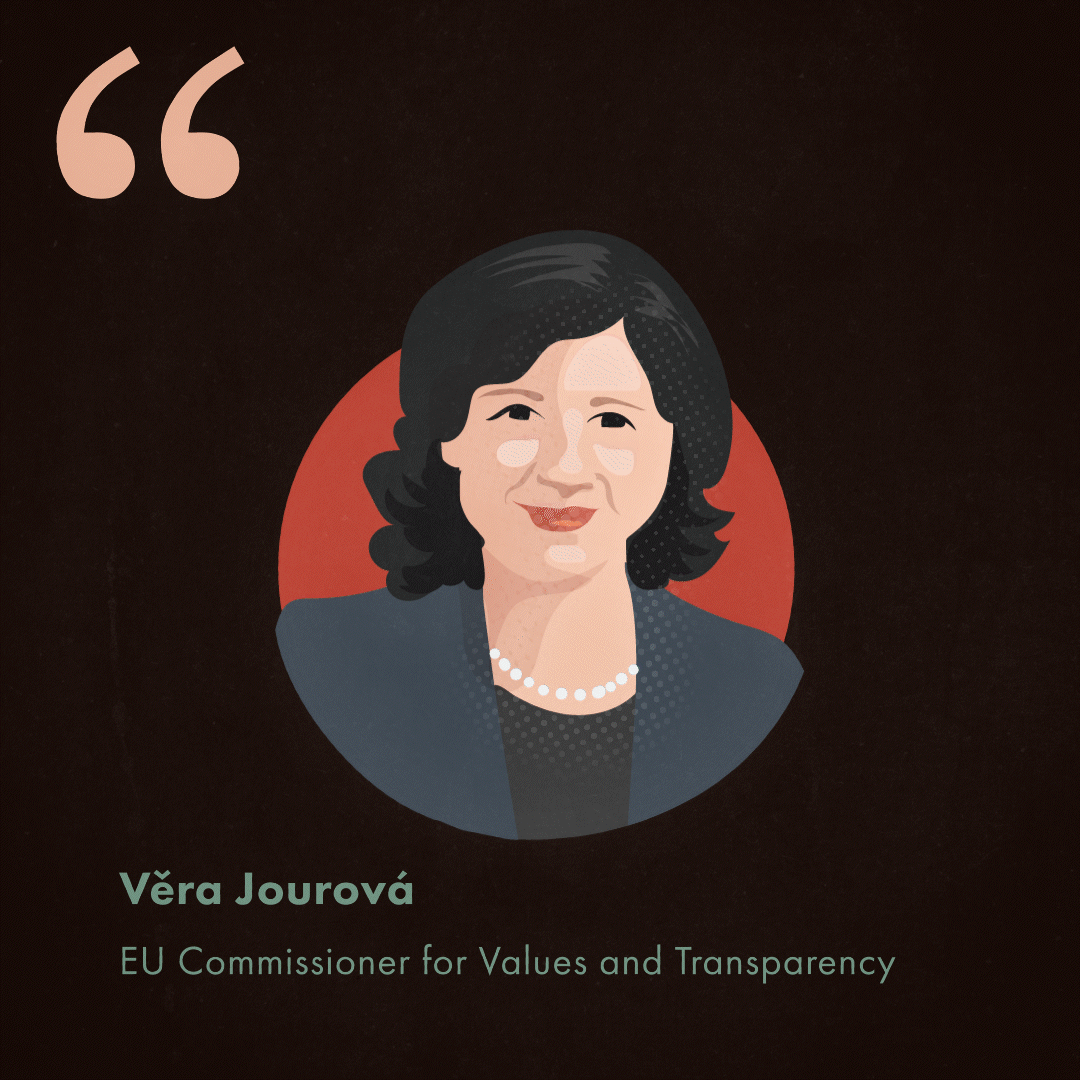THE IMPACT OF SLAPPS ON EUROPE'S MEDIA
An investigation into the chilling effect of vexatious lawsuits targeting journalists
The focus of this project is to provide an insight into the extent to which journalists and media outlets in Europe are being affected by a type of vexatious legal action known as a Slapp – a strategic lawsuit against public participation.
Slapps are used by powerful actors (including corporations, public officials, high-profile businesspeople) in an attempt to stop individuals or organisations from expressing critical views on issues of public interest. Although they are disguised as ordinary civil claims, such as defamation or privacy, they are not intended to succeed in court. Instead, their goal is to saddle critics with prohibitively expensive, time-consuming, and nerve-wracking legal processes.
Slapps threaten not only freedom of expression and media freedom, but access to information, rule of law, and our very democracy.
LEARN MORE ABOUT SLAPPS
AND WHAT TO DO IF YOU'RE FACING ONE
Model Anti-SLAPP law
The UK Anti-SLAPP Coalition has drawn up this model law in consultation with senior lawyers
Letter to UK Justice Secretary...
Editors, journalists, lawyers and academics write to Dominic Raab to express support for the Model UK Anti-SLAPP Law launched by the UK Anti-SLAPP Coalition
REPORT: Slapped Down
Six journalists speak about the legal efforts to silence them over their reporting
AM I FACING A SLAPP?
If you are a journalist, use our interactive tool to find out whether you are likely to be subject to a SLAPP
Strategic lawsuits against public participation (Slapps) are a form of legal harassment aimed at intimidating and ultimately silencing those that speak out on issues that are of political or societal significance. Slapps affect journalists, activists, academics, and civil society organisations, but this tool is specifically aimed at helping journalists to understand whether the legal threat or action they are facing might be classified as a Slapp.
This assessment is intended as a helpful tool and not as legal advice.
The questions asked in this assessment are based on research carried out by Index on Censorship into how Slapps against journalists most commonly manifest themselves. If your answers coincide with the most common symptoms of a Slapp, then you are more likely to be told that you are facing a Slapp. For example, journalists facing Slapps are more likely to be sued individually, even if they are employed with news organisations. Therefore, if you indicate in the assessment that you are being sued as an individual, you are more likely to be told you are facing a SLAPP.
Your answers are not shared with third parties and Index on Censorship does not store IP addresses so your answers are completely anonymised.
Les poursuites stratégiques contre la mobilisation publique (ou poursuites-bâillons) sont une forme de harcèlement judiciaire visant à intimider et finalement à réduire au silence les associations ou individus qui s’expriment sur des questions d’importance politique ou sociétale. Les poursuites-bâillons touchent les journalistes, activistes, universitaires et organisations de la société civile, mais cet outil vise spécifiquement à aider les journalistes à comprendre si la menace ou l’action en justice dont ils font l’objet peut être classée comme poursuite-bâillon.
Ce questionnaire est destiné à être un outil utile et non un conseil juridique.
Les questions posées dans cette évaluation sont basées sur des recherches menées par Index on Censorship sur la manière dont les poursuites-bâillons contre les journalistes se manifestent le plus souvent. Si vos réponses coïncident avec les symptômes les plus courants d’une poursuite-bâillon, on vous dira probablement que vous êtes confronté à une poursuite-bâillon. Par exemple, les journalistes confrontés à des poursuites-bâillons sont plus susceptibles d’être poursuivis individuellement, même s’ils sont employés par des organes de presse. En conséquence, si vous indiquez dans le questionnaire que vous êtes poursuivi en tant qu’individu, on vous dira probablement que vous êtes confronté à une poursuite-bâillon.
Vos réponses ne sont pas communiquées à des tiers et Index on Censorship ne stocke pas les adresses IP. Vos réponses sont donc totalement anonymes.
Die strategische Klage gegen öffentliche Beteiligung (engl. ‚strategic lawsuit against public participation‘, kurz: SLAPP) ist eine rechtsmissbräuchliche Klageform, die darauf abzielt, diejenigen einzuschüchtern und letztlich zum Schweigen zu bringen, die öffentlich zu Problemen Stellung beziehen, die von politischer oder gesellschaftlicher Bedeutung sind. SLAPPS können zwar gegen Journalist*innen, Aktivist*innen, Akademiker*innen und zivilgesellschaftliche Organisationen erhoben werden. Dieses Tool ist aber vornehmlich dafür gedacht, Journalist*innen zu vermitteln, ob ihnen eine tatsächliche Klageandrohung oder ein Rechtsverfahren bevorstehen oder ob es sich bei der Drohung um eine SLAPP handelt.
Das per Tool ermittelte Bewertungsergebnis ist als Richtungsweisung und nicht als Rechtsberatung gedacht.
Die zur Bewertung gestellten Fragen basieren auf von Index on Censorship durchgeführten Studien zur Art und Weise in welcher SLAPPS am häufigsten gegen Journalist*innen eingesetzt werden. Wenn Ihre Antworten den häufigsten Charakteristika einer SLAPP entsprechen, dann ist die Wahrscheinlichkeit höher, dass Sie es laut Bewertung mit einer SLAPP zu tun haben. Beispielsweise werden Journalist*innen, denen mit SLAPPS gedroht wird, eher als Einzelpersonen verklagt, selbst wenn sie bei Nachrichtendiensten angestellt sind. Wenn Sie also im Tool angeben, dass Sie als Einzelperson verklagt werden, ist die Wahrscheinlichkeit höher, dass das Bewertungsergebnis zugunsten einer SLAPP ausfällt.
Ihre Antworten werden weder an Dritte weitergegeben, noch speichert Index on Censorship IP-Adressen, sodass Ihre Angaben vollständig anonymisiert bleiben.
Las SLAPP (siglas en inglés de “demanda estratégica contra la participación pública”) son una forma de acoso judicial que tiene por objetivo intimidar y, en última instancia, silenciar a las personas que denuncian problemas de interés político o social.
Este cuestionario está ideado como herramienta práctica, no para sustituir a un asesoramiento jurídico.
Las preguntas incluidas en este cuestionario se basan en investigaciones realizadas por Index on Censorship acerca de las formas más habituales que toman las SLAPP contra periodistas. Cuanto más coincidan tus respuestas con los síntomas más comunes de una SLAPP, más probable será que se te indique que te enfrentas a un caso de SLAPP. Por ejemplo: en los casos de SLAPP es más probable que se presenten demandas personales contra los/as/es periodistas, aunque trabajen en plantilla para una agencia o medio informativo. Por lo tanto, si indicas en el cuestionario que se ha presentado una demanda personal contra ti, será más probable que te indiquen que te enfrentas a un caso de SLAPP.
Tus respuestas son totalmente anónimas, ya que Index on Censorship no las comparte con terceros ni almacena direcciones IP.
Pozwy zastraszające typu SLAPP (z ang. “strategic lawsuit against public participation”: strategiczny pozew sądowy przeciwko działalności publicznej) to forma prawnego nękania mającego na celu zastraszenie i uciszenie osób wypowiadających się na tematy polityczne lub społeczne. Pozwy typu SLAPP mogą spotkać dziennikarzy/rki, aktywistów/tki, badaczy/czki i organizacje pracujące na rzecz społeczeństwa obywatelskiego; nasz instrument ma służyć dziennikarzom/rkom w celu sprawdzenia, czy wystosowane przeciw nim groźby prawne lub powództwo sądowe można zakwalifikować jako SLAPP.
Nasza ankieta ma być pomocnym instrumentem i nie stanowi oficjalnej porady prawnej.
Zawarte w niej pytania opierają się na badaniach przeprowadzonych przez Index on Censorship na temat tego, jak najczęściej wyglądają pozwy typu SLAPP wnoszone przeciw prasie. Im bardziej Twoje odpowiedzi pokrywają się z charakterystycznymi cechami takiego pozwu, tym bardziej prawdopodobne, że masz z nim do czynienia. Np.: pozwy typu SLAPP są częściej wytaczane przeciwko indywidualnym dziennikarzom/rkom, nawet jeśli zatrudnia ich organizacja prasowa. Jeśli zatem odpowiesz w ankiecie, że ktoś pozywa Cię do sądu jako jednostkę, jest bardziej prawdopodobne, że grozi Ci SLAPP.
Twoje odpowiedzi są całkowicie anonimowe: Index on Censorship nie udostępni ich osobom trzecim i nie przechowuje adresów IP.
READ MORE ON SLAPPS
-
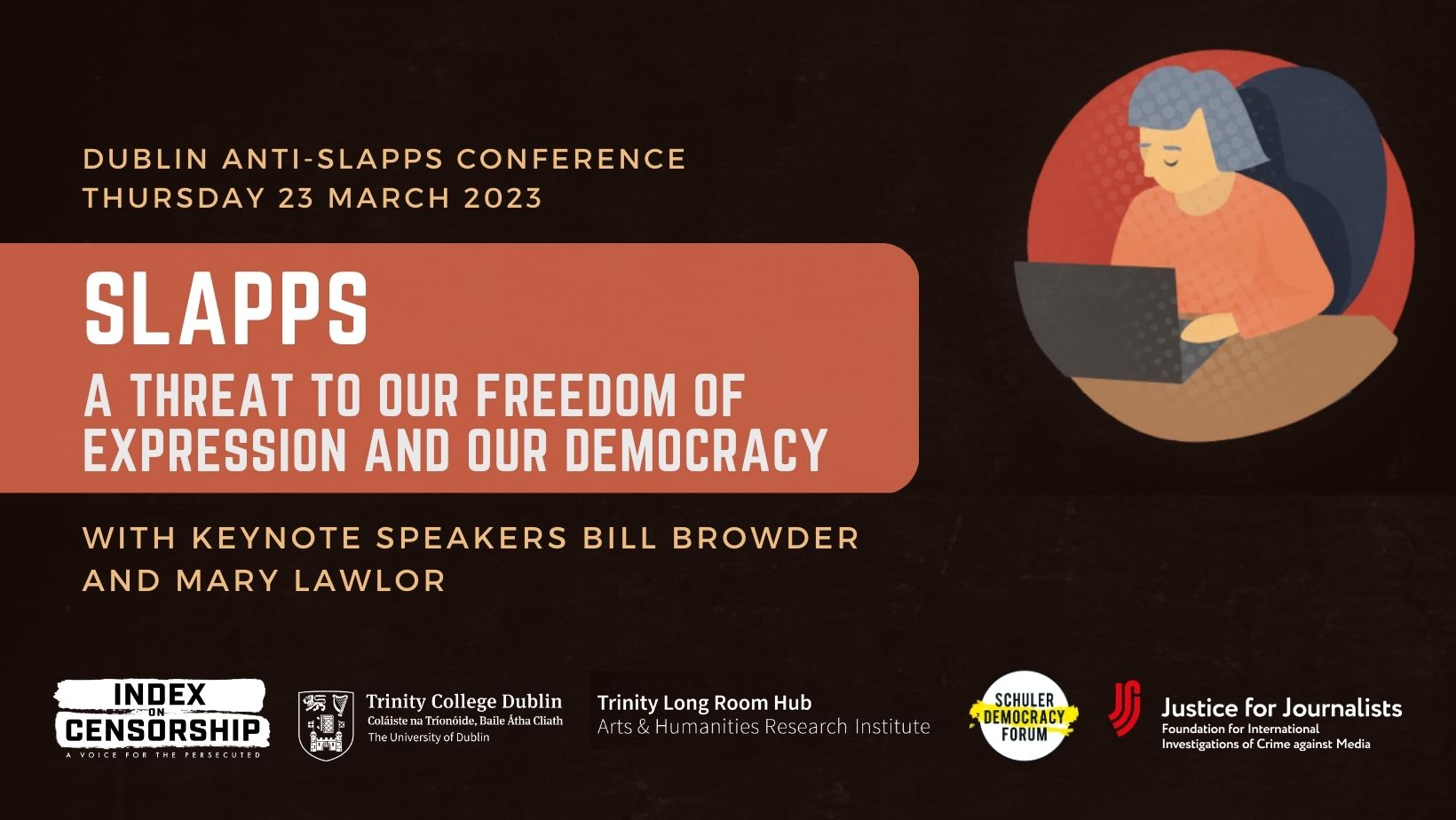
SLAPPS: A Threat to Our Freedom of Expression and Our Democracy
[vc_row][vc_column][vc_single_image image="120663" img_size="full" onclick="custom_link" link="https://www.eventbrite.ie/e/slapps-a-threat-to-our-f...
-

Index condemns lawsuit against Bellingcat founder Eliot Higgins
21 organisations say lawsuit issued by Russian oligarch Yevgeniy Prigozhin is a SLAPP
-
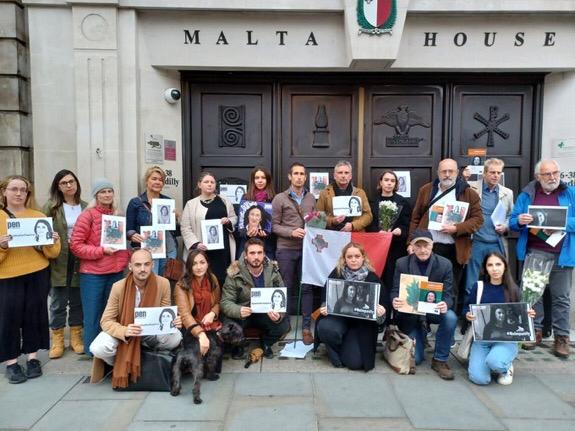
Daphne Caruana Galizia: Four years on from her murder, Malta must be held to account
Index joins the Maltese community, Reporters without Borders, PEN International and others to mark grim anniversary
-
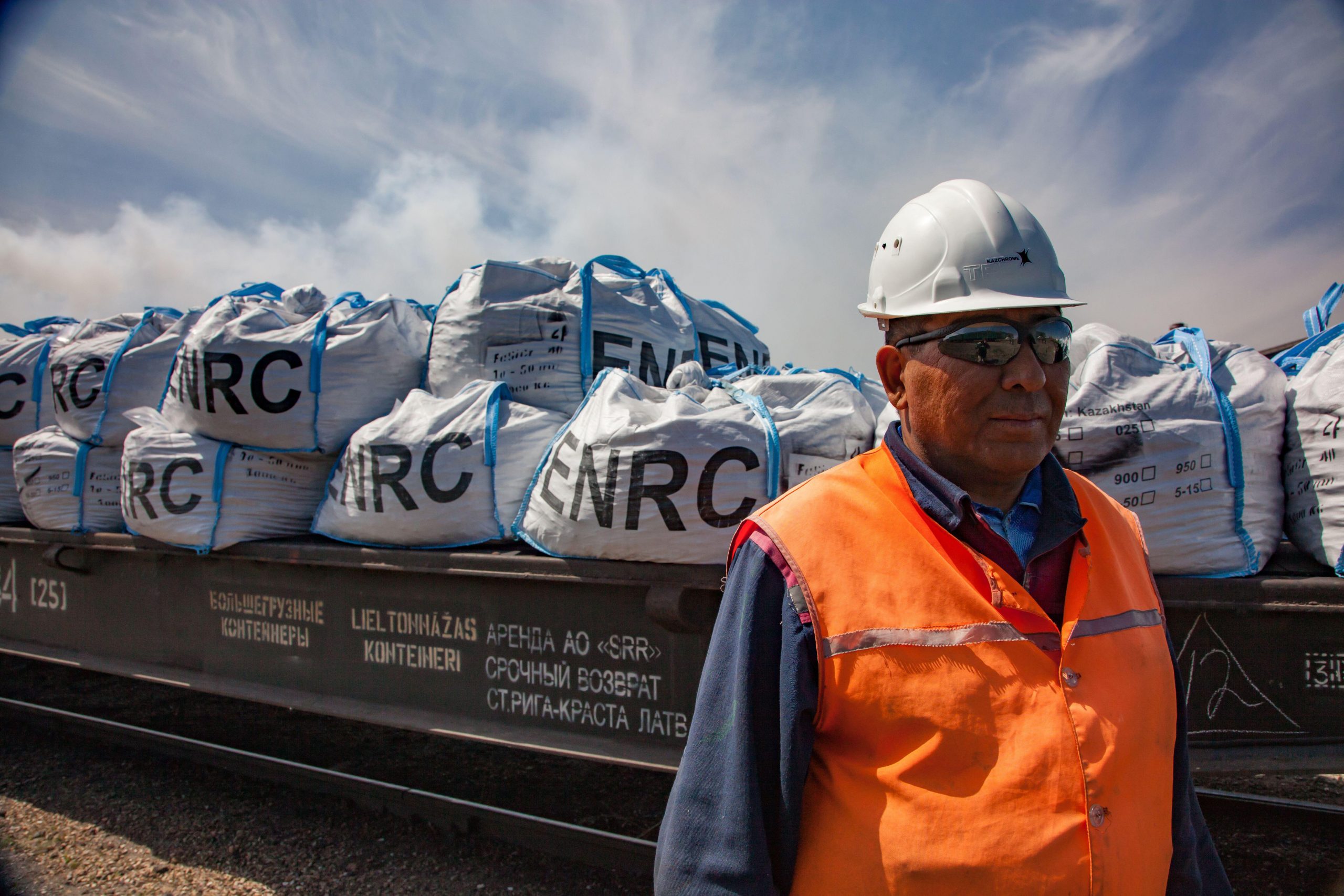
Index condemns lawsuits brought by ENRC against Tom Burgis
We join with 14 other organisations to condemn legal action against the journalist, the Financial Times and HarperCollins in London
-

Contents – Whistleblowers: the lifeblood of democracy
[vc_row][vc_column][vc_column_text] Index's new issue of the magazine looks at the importance of whistleblowers in upholding our democracies. Featu...
-

Index and 21 other organisations condemn lawsuits brought by ENRC against public watchdogs
Lawsuits represent an egregious attempt to curtail freedom of expression and jeopardise anti-corruption efforts
-
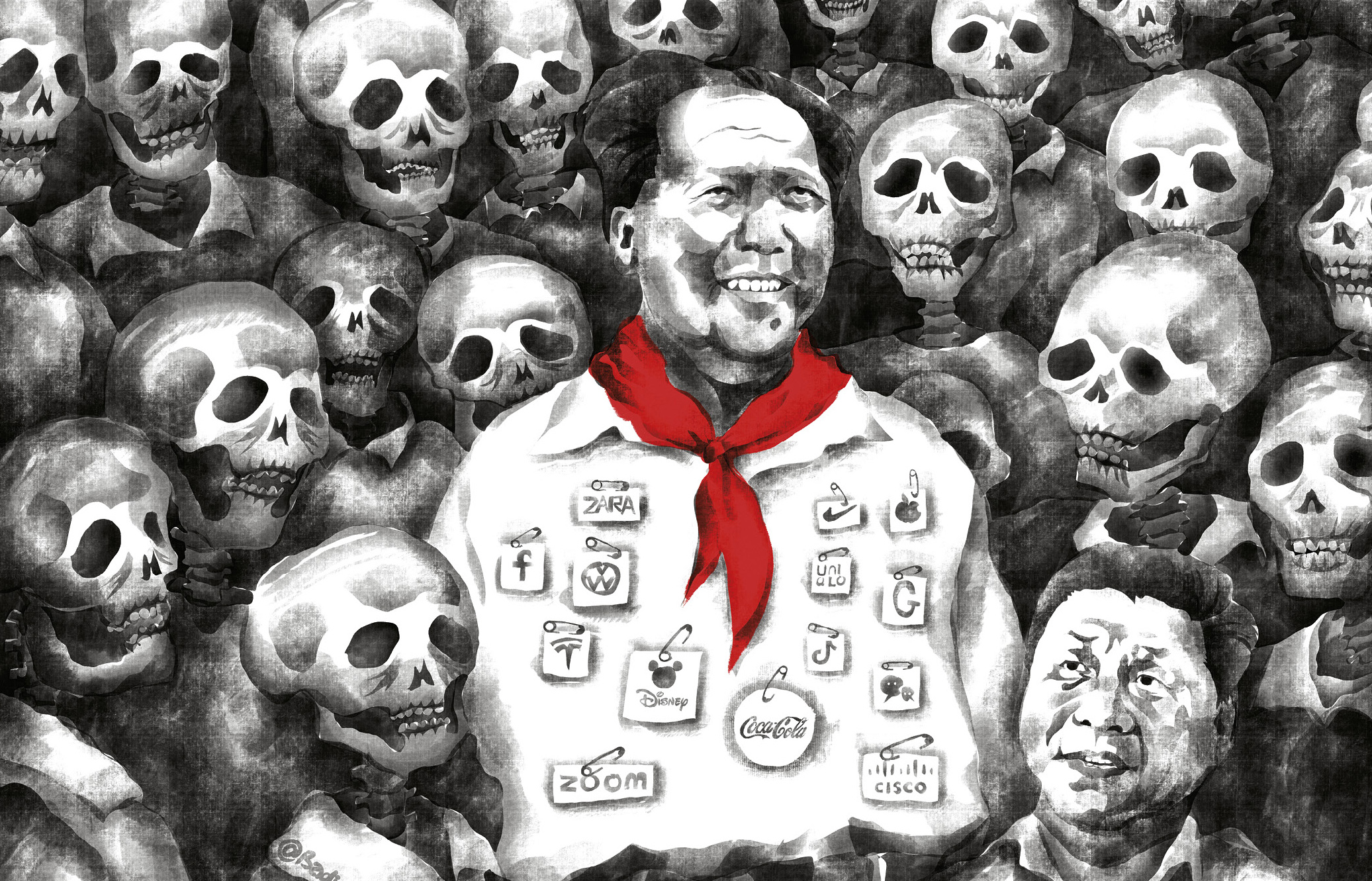
Contents – China’s global brand: a century of silencing dissent
[vc_row][vc_column][vc_column_text] Index looks back on 100 years of the Chinese Communist Party and how their censorship laws continue to shape th...
-
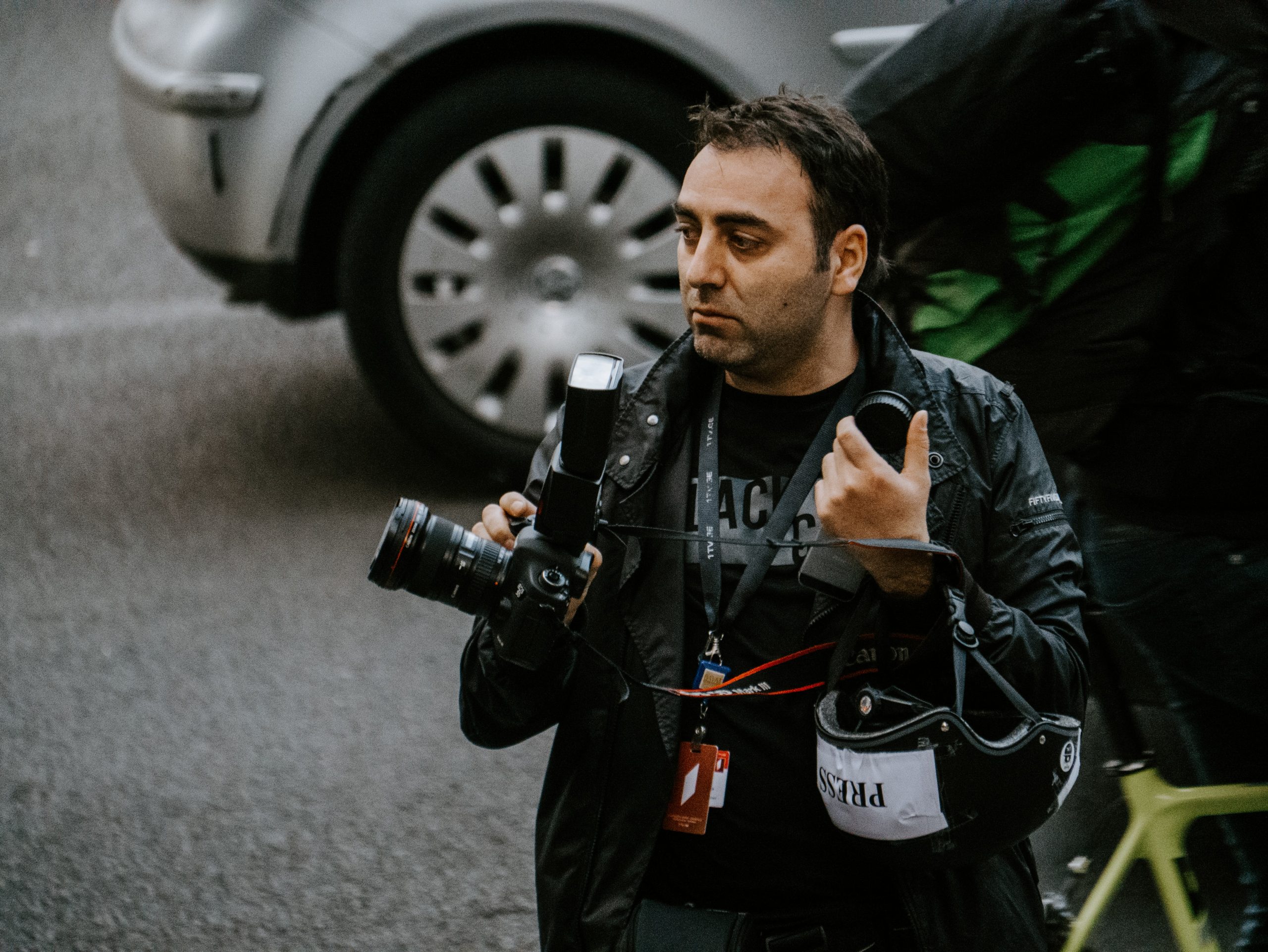
Urgent action is needed to defend our media
As the 2021 Council of Europe Platform report is published, Index on Censorship and its partners call for the urgent implementation of the report’s...
Letter to Justice Secretary: Adoption of a UK Anti-SLAPP Law
Editors, journalists, lawyers and academics write to Dominic Raab to express support for the Model UK Anti-SLAPP Law launched by the UK Anti-SLAPP Coalition
29 Nov 2022
To the Rt. Hon. Dominic Raab MP
Deputy Prime Minister and Lord Chancellor and Secretary of State for Justice
Copies sent to:
Rt. Hon. Dominic Raab, Deputy Prime Minister and Lord Chancellor and Secretary of State for Justice
Rt. Hon. Rishi Sunak MP, Prime Minister of the United Kingdom
Rt. Hon. Michelle Donelan MP, Secretary of State for Digital, Culture, Media and Sport
Rt. Hon. James Cleverly MP, Secretary of State for Foreign, Commonwealth and Development Affairs
Mr. Steve Reed MP, Shadow Labour Secretary of State for Justice
Rt. Hon. Alistair Carmichael MP, Liberal Democrat Spokesperson for Home Affairs, Justice and Northern Ireland
Ms. Anne McLaughlin MP, Shadow SNP Spokesperson (Justice)
Mr. John Penrose MP, UK Government Anti Corruption Champion
Mr. Paul Philip, Chief Executive, Solicitors Regulation Authority
Mr. Mark Neale, Director-General, The Bar Standards Board
Ms. Dunja Mijatović, Council of Europe Commissioner for Human Rights
Ms. Teresa Ribeiro, Organization for Security and Co-operation in Europe, Representative on Freedom of the Media
Ms. Irene Khan, United Nations Special Rapporteur on on the Promotion and Protection of the Right to Freedom of Opinion and Expression
Re: Adoption of a UK Anti-Slapp Law
As a group of leading editors, journalists, publishers, lawyers and other experts, we are writing to express our support for the Model UK Anti-SLAPP Law launched this November by the UK Anti-SLAPP Coalition – and to urge you to move swiftly to enshrine these proposals in law.
Events over the past year have shone a light on the use of abusive lawsuits and legal threats to shut down public interest speech. This is a problem that has long been endemic in newsrooms, publishing houses, and civil society organisations. In an age of increasing financial vulnerability in the news industry, it is all too easy for such abusive legal tactics to shut down investigations and block accountability.
We welcome your commitment to bring in reforms to address Strategic Lawsuits Against Public Participation (SLAPPs), as you said on 20 July 2022, in order to “uphold freedom of speech, end the abuse of our justice system, and defend those who bravely shine a light on corruption.” High-profile cases – such as those targeting Catherine Belton, Tom Burgis, Elliot Higgins, and more recently openDemocracy and The Bureau of Investigative Journalism – are just the most visible manifestation of a much broader problem which has affected newspapers across Fleet Street and the wider UK media industry for many years.
The public interest reporting targeted by SLAPPs is vital for the health of democratic societies, including law enforcement’s ability to investigate wrongdoing promptly and effectively. This is of acute importance in the UK, which journalistic investigations have repeatedly shown to be a hub for illicit finance from kleptocratic elites. As of April 2022, the National Crime Agency (NCA) has estimated the scale of money laundering impacting the UK is in excess of £100bn a year.
Journalism has a huge role to play in tackling this problem. For example, investigations by the Organized Crime and Corruption Reporting Project (OCCRP) into the ‘Azerbaijani Laundromat’ scandal supported the NCA in seizing millions in corrupt funds from a number of individuals, including £5.6 million from members of one Azerbaijani MP’s family. Prior to the NCA’s seizure, the same MP had spent two years pursuing Paul Radu, co-founder of OCCRP through London’s libel courts. The inequality of arms in such cases is clear. As Radu notes: “The people suing journalists in the UK rely on these huge legal bills being so intimidating that the journalists won’t even try to defend themselves.”
In March 2022, at the launch of the Government consultation on SLAPPs, you stressed that “The Government will not tolerate Russian oligarchs and other corrupt elites abusing British courts to muzzle those who shine a light on their wrongdoing.” The findings of the consultation, published in July, clearly stated that “the type of activity identified as SLAPPs and the aim of preventing exposure of matters that are in the public interest go beyond the parameters of ordinary litigation and pose a threat to freedom of speech and the freedom of the press.”
Fortunately, there is an oven-ready solution to this problem. The Model Anti-SLAPP Law, drafted by the UK Anti-SLAPP Coalition in consultation with leading media lawyers and industry experts, would provide robust protection against SLAPPs, building on the framework proposed by the Ministry of Justice in July. Key features include:
- A filter mechanism that empowers courts to swiftly dispose of SLAPPs without the need for a subjective enquiry into the state of mind of the SLAPP filer. This mechanism should subject claims that exhibit features of abuse to a higher merits threshold.
- Penalties that are sufficient to deter the use of SLAPPs and provide full compensation to those targeted. Such penalties should take into account the harm caused to the defendant and the conduct of and the resources available to the claimant.
- Protective measures for SLAPP victims including cost protections, safeguards, and measures to reduce the ability of SLAPP claimants to weaponise the litigation process against public watchdogs.
The need could not be more urgent. Research by the Foreign Policy Centre and other members of the UK Anti-SLAPP Coalition has found that SLAPPs are on the rise and that the UK is the number one originator of abusive legal actions. In fact, the UK has been identified as the leading source of SLAPPs, almost as frequent a source as all European Union countries and the United States combined.
The EU has already taken steps, with a proposed Anti-SLAPP Directive announced in April. In the US, 34 US states already have anti-SLAPPs laws in place, and this year Congress has introduced the first federal SLAPP Protection Act. Moreover, the US has also launched the Defamation Defense Fund, recognising the impact SLAPP actions have on journalists, as they “are designed to deter them from doing their work.”
You have made clear your commitment to strengthening legal protections against these legal tactics. It is crucial momentum is not lost. We encourage you to put forward, in the earliest possible time frame, legislation in line with the model UK Anti-SLAPP Law, to ensure that the UK can keep pace and contribute to this global movement to protect against SLAPPs.
Yours,
John Witherow, Chairman, Times Media
Emma Tucker, Editor, The Sunday Times
Tony Gallagher, Editor, The Times
Victoria Newton, Editor-in-Chief, The Sun
Paul Dacre, Editor-in-Chief, DMG media
Ted Verity, Editor, The Daily Mail
Katharine Viner, Editor-in-Chief, The Guardian
Paul Webster, Editor, The Observer
Alison Phillips, Editor, The Mirror
Oliver Duff, Editor-in-Chief, i
Roula Khalaf, Editor, The Financial Times
Chris Evans, Editor, The Telegraph
Alan Rusbridger, Editor, Prospect Magazine
Ian Hislop, Editor, Private Eye
Zanny Minton Beddoes, Editor-in-Chief, The Economist
Alessandra Galloni, Editor-in-Chief, Reuters News Agency
John Micklethwait, Editor-in-Chief, Bloomberg
Drew Sullivan, Co-founder and Publisher, Organised Crime and Corruption Reporting Project (OCCRP)
Paul Radu, Co-founder and Chief of Innovation, OCCRP
Rozina Breen, CEO, The Bureau of Investigative Journalism (TBIJ)
Peter Geoghegan, Editor-in-Chief and CEO, openDemocracy
Nick Mathiason, Co-founder and Co-director, Finance Uncovered
Gerard Ryle, Director of the International Consortium of Investigative Journalists (ICIJ)
David Kaplan, Executive Director, Global Investigative Journalism Network (GIJN)
Michelle Stanistreet, General Secretary, National Union of Journalists (NUJ)
Dawn Alford, Executive Director, Society of Editors
Sayra Tekin, Director of Legal, News Media Association (NMA)
Sarah Baxter, Director, Marie Colvin Center for International Reporting
Paul Murphy, Head of Investigations, Financial Times
Rachel Oldroyd, Deputy Investigations Editor, The Guardian
Carole Cadwalladr, journalist, The Observer
Catherine Belton, journalist and author of the book, Putin’s People: How the KGB took back Russia and then took on the west
Tom Burgis, reporter and author of the book, Kleptopia: How dirty money is conquering the world
Oliver Bullough, Journalist and author
Clare Rewcastle Brown, investigative journalist and founder of The Sarawak Report
Richard Brooks, journalist, Private Eye
Matthew Caruana Galizia, Director of The Daphne Caruana Galizia Foundation
Mark Stephens CBE, Partner at Howard Kennedy LLP
Caroline Kean, Consultant Partner, Wiggin
Matthew Jury, Managing Partner, McCue Jury and Partners
David Price KC
Rupert Cowper-Coles, Partner at RPC
Conor McCarthy, Barrister, Monckton Chambers
Pia Sarma, Editorial Legal Director, Times Newspapers Ltd
Gill Phillips, Director of Editorial Legal Services, Guardian News & Media
Lisa Webb, Senior Lawyer, Which?
Juliette Garside, Deputy Business Editor, The Guardian and The Observer
Alexander Papachristou, Executive Director of the Cyrus R. Vance Center for International Justice
José Borghino, Secretary General, International Publishers Association
Dan Conway, CEO, Publishers Association
Arabella Pike, Publishing Director, HarperCollins Publishers
Joanna Prior, CEO of Macmillan Publishers International Limited
Meirion Jones, Editor, TBIJ
Emily Wilson, Bureau Local Editor, TBIJ
James Ball, Global Editor, TBIJ
Franz Wild, Enablers Editor, TBIJ
James Lee, Chair of the Board, TBIJ
Stewart Kirkpatrick, Head of Impact, openDemocracy
Moira Sleight, Editor, the Methodist Recorder
Paul Caruana Galizia, reporter, Tortoise
Tom Bergin, journalist and author
James Nixey, Director, Russia and Eurasia Programme, Chatham House
Edward Lucas, Author, European and transatlantic security consultant and fellow at the Center for European Policy Analysis (CEPA)
Sean O’Neill, Senior Writer, The Times
Dr Peter Coe, Associate Professor in Law, Birmingham Law School, University of Birmingham
Alex Wilson, Partner at RPC
George Greenwood, Investigations Reporter, The Times
Simon Bowers, Investigations Editor, Finance Uncovered
John Heathershaw, Professor of International Relations, University of Exeter
Tena Prelec, Research Fellow, DPIR, University of Oxford
Thomas Mayne, Research Fellow, DPIR, University of Oxford
Jodie Ginsberg, President, Committee to Protect Journalists
Dr Julie Macfarlane, Co-Founder, Can’t Buy My Silence campaign to ban the misuse of NDAs
Zelda Perkins, Co-Founder, Can’t Buy My Silence campaign to ban the misuse of NDAs

